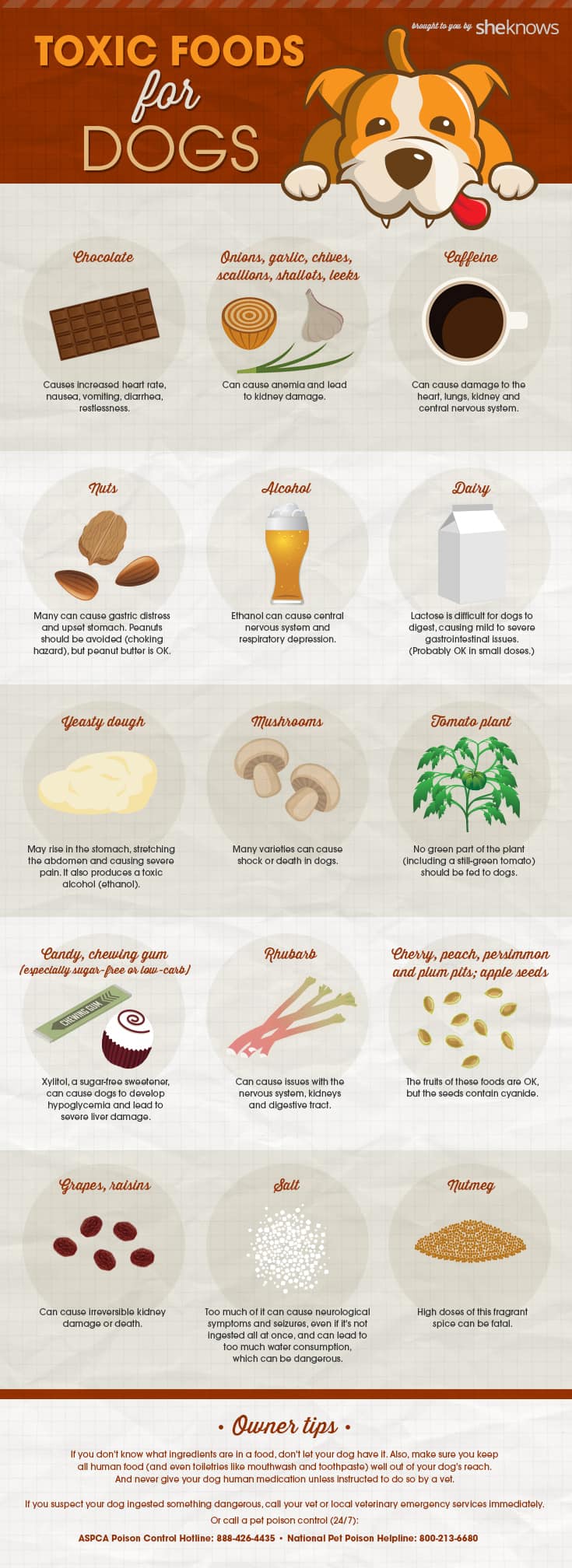Where Can I Adopt A Dog
Where Can I Adopt A Dog
Blog Article
Can Dog Daycare Cause Ailment?
Pets in day care receive lots of workout, socializing with other dogs and one-of-a-kind experiences. This can be specifically practical for young puppies and dogs with behavior problems.
There are several legal considerations you require to think about when starting a doggy daycare company. These consist of the framework of your organization and conformity with federal government regulations.
1. Canine Distemper
Canine distemper is spread with direct contact with the physical liquids and waste of a contaminated pet, yet it can also be transmitted through shared water and food bowls or with air-borne beads. This very transmittable ailment is most dangerous for puppies, but it can impact canines of any type of age and is fatal for many if left without treatment.
Preliminary signs of canine distemper commonly resemble an acute rhinitis, consisting of dripping eyes and nose with watery or pus-like discharge. As the condition progresses, a dog will develop fever, coughing, reduced appetite, throwing up and looseness of the bowels. The infection can additionally strike the nerves, causing seizures, shivering and partial or full paralysis.
Reputable daycares reduce exposure to infection by requiring inoculations, regular health examinations and adhere to rigorous health protocols. If your dog appears extremely weary or hopping, a day off may help him recover, but you need to stay clear of taking him back to childcare till these signs improve.
2. Kennel Cough
Kennel cough, also referred to as contagious canine tracheobronchitis or Bordetella, is a highly contagious viral or bacterial condition that influences the respiratory system tract. It's typically transferred through the exchange of saliva or air beads that an unwell pet dog breathes out. Social canines are at greater threat for infection as a result of their regular interaction with one another, such as when they play, share food or water, smell each other or just satisfy in a crowded environment like a pet park or childcare.
One of the most typical symptom of kennel coughing is a relentless and powerful cough that seems like something embeded the throat or retching. Typically, canines will divulge foamy white phlegm. If left neglected, a dog can create pneumonia and go to severe risk permanently.
A reputable childcare facility should have rigorous cleansing and sanitation protocols, disinfect all toys, food and water bowls routinely, and be open about their inoculation policies. Maintaining your pet dog as much as date on their inoculations, particularly for bordetella and canine flu, will considerably decrease their chances of getting the disease.
3. Parvovirus
Canine parvovirus, or parvo, is a very infectious viral disease that can be deadly for puppies and young adult canines with inadequate body immune systems. It's most commonly spread out by direct contact with infected pet dog feces-- which can happen when pets sniff, lick, or taste contaminated feces-- and indirectly from contaminated individuals, items, or settings (like kennels, brushing rooms and grass). Young puppies and pets dog.boarding near me without total vaccination backgrounds are especially at risk to parvo.
The virus is exceptionally durable, surviving in the setting for up to 9 years, and can quickly be moved between pets by get in touch with via feces or on shoes, clothing, and bed linen contaminated with parvovirus. Otherwise treated promptly with IV fluids, electrolyte equilibrium, vomiting control medicines and antibiotics to stop secondary microbial infections, a dog will quickly dry out and develop serious diarrhea, which causes shock and sepsis. Parvo is challenging to heal when a pet has come to be ill, but with proper veterinary treatment, several puppies do endure this illness.
4. Dog Flu
Canine flu virus is extremely transmittable and spreads through straight call, sharing food and water bowls, licking or nuzzling other pet dogs, with air-borne droplets, and via polluted surface areas. Vaccination works in lowering the risk of infection and break outs.
Most impacted pets develop a moderate respiratory system infection with a cough that lasts 1-3 weeks. They may additionally have nasal and ocular discharge, sneezing, and lethargy. Several of the most major instances result in pneumonia and a high fever.
If your canine shows any of these symptoms, do not bring them back to day care till they are healthy. If your pet dog is revealing signs of extreme tiredness or hopping, talk to your vet today and make sure they are on healthiness supplements to aid build their immunity. A vet will certainly evaluate your canine for signs and symptoms of the influenza by taking a sample from the nose or throat, and blood tests can be done to verify.